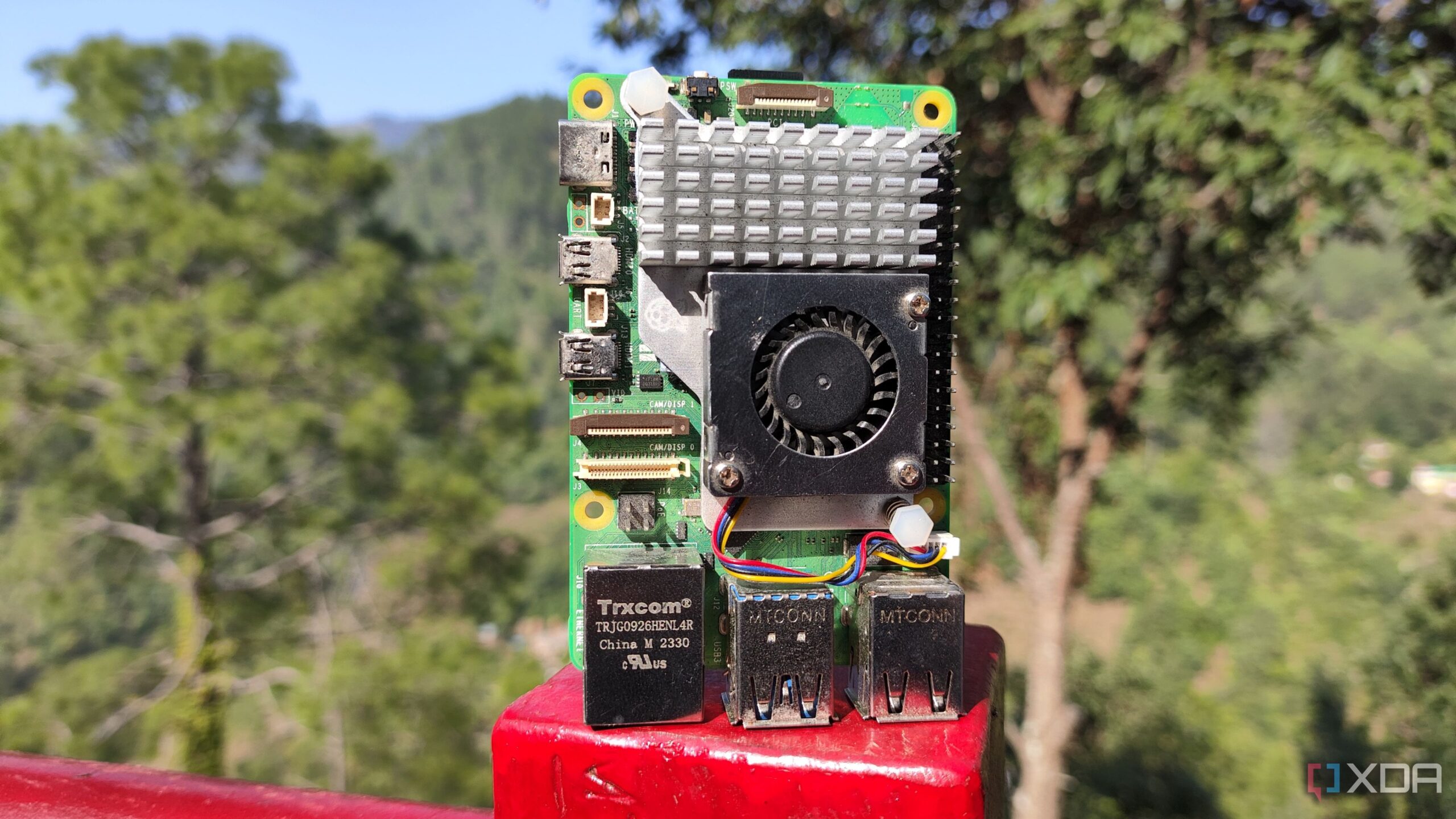URGENT UPDATE: Six essential open-source tools are set to revolutionize how you use your Raspberry Pi. These tools enhance functionality, turning your compact computer into a powerful server, automation hub, and monitoring system. With immediate applications for home projects, learning, and self-hosting, this is a game changer for tech enthusiasts and casual users alike.
First up, Cockpit transforms your Raspberry Pi into a fully manageable server via a clean web interface. Just installed, it allows users to control storage, networking, and services without tedious command-line inputs. You can monitor CPU and memory usage in real-time, making it perfect for users managing multiple Single Board Computers (SBCs). This tool is ideal for both beginners and advanced users, who can manage updates and logs from a single dashboard—an efficiency boost for any tech setup.
Next, the widely acclaimed Pi-hole acts as a local DNS filter, blocking unwanted ads and trackers across your entire network. Users can expect faster loading times and reduced data consumption once Pi-hole is activated. The setup includes a web dashboard that provides insights into network activity, making it easier to identify problematic devices. Pair it with Unbound for added security, establishing your Raspberry Pi as a local DNS authority.
For those utilizing Docker, Portainer is almost indispensable. This open-source tool provides a visual dashboard for managing containers, images, and networks with a few clicks. It simplifies the deployment of applications like Nextcloud, making troubleshooting a breeze. The lightweight design ensures smooth operation even on lower-spec models like the Pi 4 or Zero 2 W.
In the realm of home automation, Home Assistant is a standout. It seamlessly integrates with thousands of smart devices, allowing users to create customized automations that enhance daily life. As an open-source solution, Home Assistant benefits from a vibrant community, offering countless add-ons and integrations. Once familiar with its dashboard, users can transform their Raspberry Pi into the heart of a smart home ecosystem.
For those interested in IoT, Node-RED enables creative interactions with the physical world. This flow-based programming tool allows users to connect sensors and APIs through a drag-and-drop interface. Ideal for IoT experimentation, Node-RED simplifies the creation of logic chains that can respond to various data inputs.
Finally, Grafana and InfluxDB together create a robust monitoring platform. Users can store time-series data and visualize it beautifully through customizable dashboards. Whether tracking CPU load or environmental data, this combination offers insightful visibility into system performance. Integration with other tools like Node-RED or Home Assistant only enhances its capabilities.
As of July 15, 2023, these tools are more than just enhancements—they’re essential for anyone looking to maximize their Raspberry Pi’s potential. Open-source software continues to redefine what this tiny computer can accomplish, making it a pivotal part of tech-savvy households.
Stay tuned for more updates as these tools gain traction among users worldwide. Whether for personal projects or professional applications, the future of Raspberry Pi has never looked brighter. Share this news to spread the word about these transformative tools!





































































